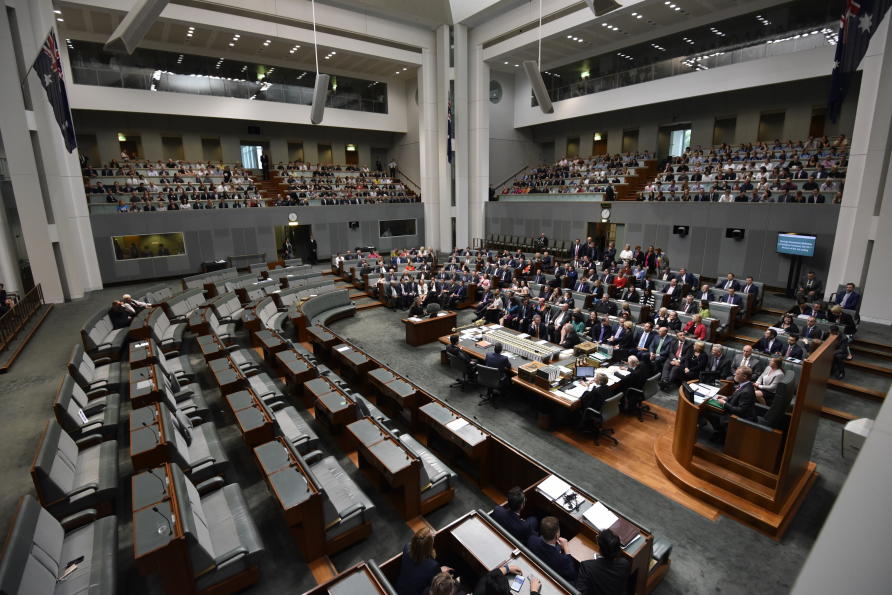This text is meant as a start to discuss the problem, it is not even a draft. My hope is nevertheless that we will reach that point, or even farther.
Introduction: As the use of mini-publics appointed by sortition is spreading around the world, and is reaching the legislative level, a code of good practice is essential. A glossary is also necessary.
We know that not all essential criteria can always be met, but we have to know at least what to aim for and how to refute well-founded criticism and protect a valuable democratic system. Citizens must know that there are essential choices to make that are of significant impact on the outcome and on the reliability of the results.
The first question we have to ask ourselves is what the kind of application it is we have at hand. The participation ladder from Arnstein may be of help. The participation cube from Archon Fung is somewhat more complicated but more up to date. Or we can look for an answer ourselves.
– Is the proposed mini-public of significant influence on legislation? Answers may differ, but we have to make a decision.
The Oregon CIR system has a noticeable influence on legislative decision making (by referendum in this case). Providing information is a very important issue in any form of democratic legislation.
The Washington state panel that sets the wages of elected legislators has no influence on legislation.
The Irish panel is also not of direct significant influence on legislation. It makes non-binding suggestions to the elected body which decides to whether to initiate a referendum or not.
A Jury in the judicial system has no relation to legislative use.
For this reasons I suggest that the first code of good practice is about the lowest legislative level, the Oregon CIR (or alike). Although the Oregon CIR is difficult to place at the Arnstein ladder I propose to qualify it at level 6 for the sake of comparing it with other initiatives.
Filed under: Applications, Ballot measures, Elections, Juries, Sortition | 83 Comments »




 Jack Hunter, a research fellow at think tank IPPR North,
Jack Hunter, a research fellow at think tank IPPR North, 
